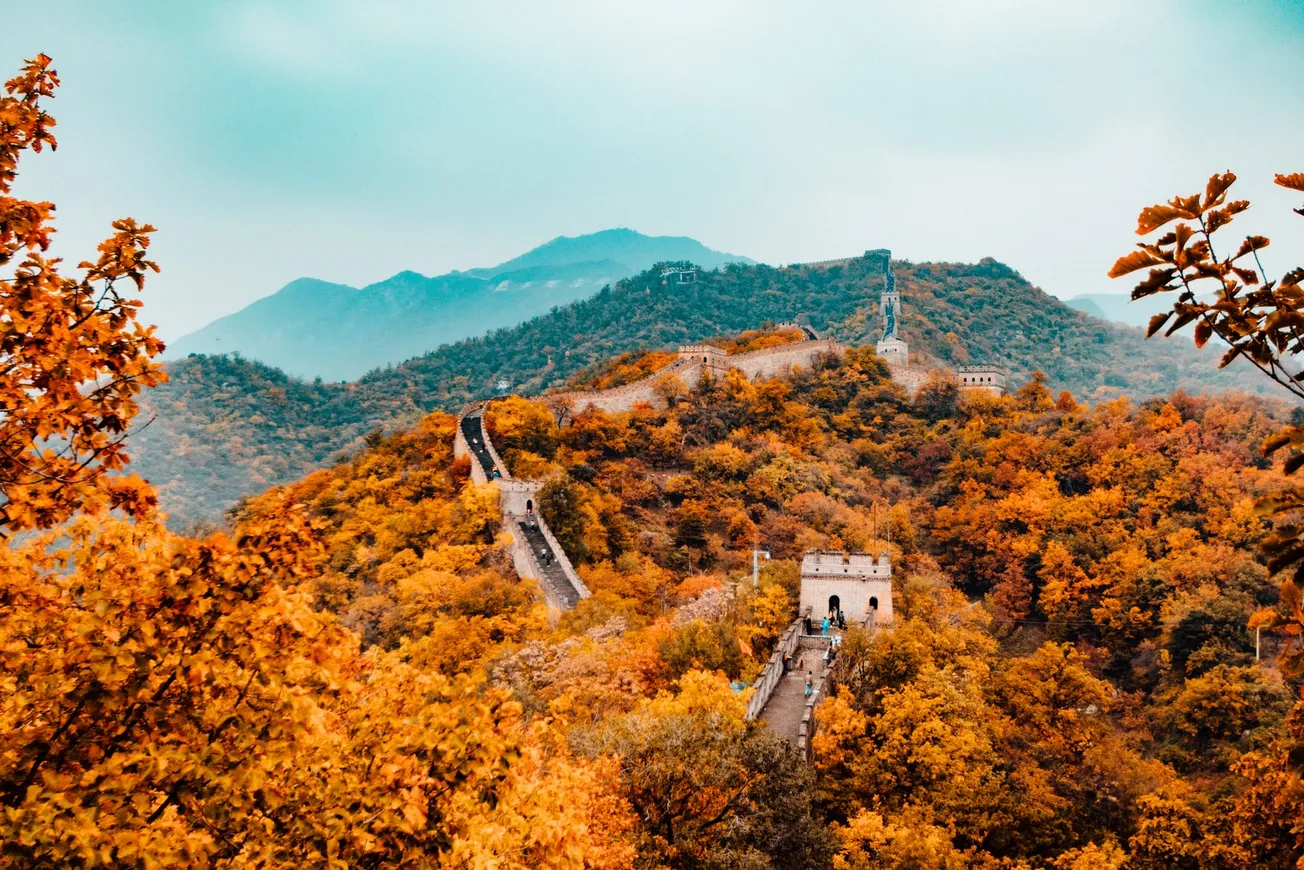Table of Contents
Dan Sanchez
fee.org
Dan Sanchez is the Director of Content at the Foundation for Economic Education (FEE) and the editor-in-chief of FEE.org.
The virus that locked down the world has returned to China in full force. And I don’t mean the Wuhan coronavirus.
Nearly every world government emulated China’s authoritarian response to Covid-19. That is what sent civilization spiralling into crisis, not the coronavirus itself. The mind virus of central planning, as applied to epidemic diseases, spread from the Chinese Communist Party to the halls of power throughout the “free world.” That ideological pandemic is a far more dire threat to humanity than any superbug.
Now China’s fever for authoritarian “public health” policy has spiked again. As The Wall Street Journal reported yesterday, “Stringent government measures to contain the country’s Covid-19 outbreak, the worst in more than two years, are locking down tens of millions of people, mostly in and around the industrial heartland of Shanghai.”
This has been a nightmare for those tens of millions directly impacted. And the economic havoc will not be quarantined in China. It will reach us all.
“Manufacturers are struggling to keep some of their China operations going,” according to the Journal, as the expanded lockdowns “choke off supplies and clog up truck routes and ports, heaping more pressure on the stretched global supply chain.”
Tim Huxley, chairman of a Hong Kong container ship company, warned Journal readers that the supply bottleneck will have major consequences for western consumers. “It’s anything from electronic goods, domestic goods, furniture—you name a household brand or chain store in the U.S. or Europe and you can bet they will have something stuck in a factory on a truck coming out of Shanghai.”
This means even higher prices, lower availability, and less selection—in other words, a reduced quality of life—for us all.
Again, it will not be the coronavirus making us poorer, but the fallacy, embraced by officials from Beijing to DC, that central planners can manage society-wide problems, like “healing” a global pandemic or “fixing” a global supply chain.
As the great economists Ludwig von Mises and F.A. Hayek explained, societies and economies are inconceivably complex, and it is literally impossible for anyone to centrally plan something so far beyond their comprehension. To think otherwise is, as Hayek called it, a “fatal conceit.”
The fatal conceit of central planners is manifest in the very term “global supply chain.” The metaphor of a “chain” portrays the economy as something static and linear: something simple enough for a single mind to “fix.”
But, as Leonard Read vividly showed in his classic essay “I, Pencil,” even a seemingly simple good like a pencil is not the product of a single supply chain. Every good in the economy is descended from a vast “family tree” of innumerable factors of production. And all the family trees of all goods are intricately interconnected, making the economy, not a “chain,” but as economist Murray Rothbard depicted it, “a highly complex, interacting latticework of exchanges.”
This vast, dynamic latticework is self-healing and self-fixing: through the actions and interactions of its constituent individuals. Blundering, arrogant central planners only get in the way and make things worse.
That has been the lesson of free-market economists and social theorists going back to Adam Smith. The western world partly embraced that lesson, and it flourished as a result, becoming a beacon to the world. Starting in the 1970s, even Communist China emulated its example, opening up its markets. This was a humanitarian miracle for the Chinese people and a boon for us all. If not for Chinese manufacturing being integrated into the global division of labour, it is hard to imagine the west having the modern high-tech living standards and super-comfortable working conditions we enjoy (however precariously) today.
Whereas once China liberalised in emulation of the west, now the leaders of the “free world” are emulating (and, in the case of Canada’s prime minister, openly admiring) the authoritarianism of the CCP. As crises continue to mount, it is clear that this turn toward tyranny is putting our future at risk.
If we don’t want the prosperity and material security we have built up over generations to vanish, we must rediscover the ideas and principles that created it in the first place.
This article was adapted from an issue of the FEE Daily email newsletter.
This article was originally published on FEE.org. Read the original article.









